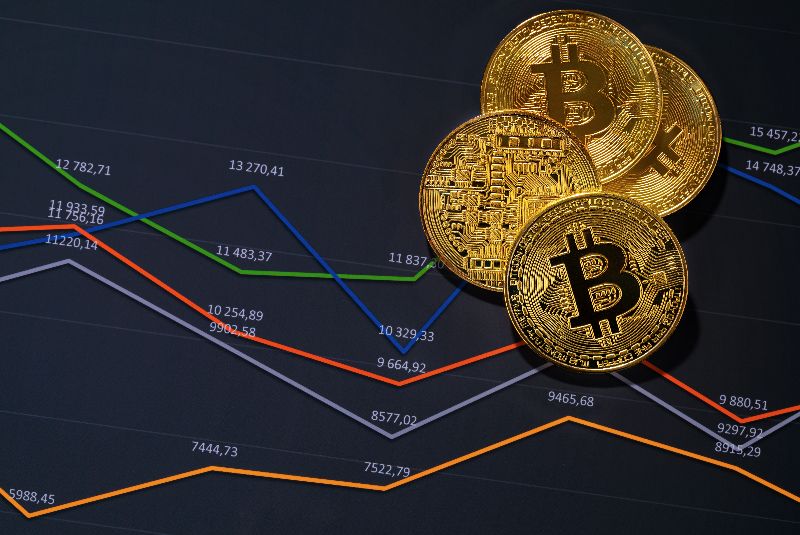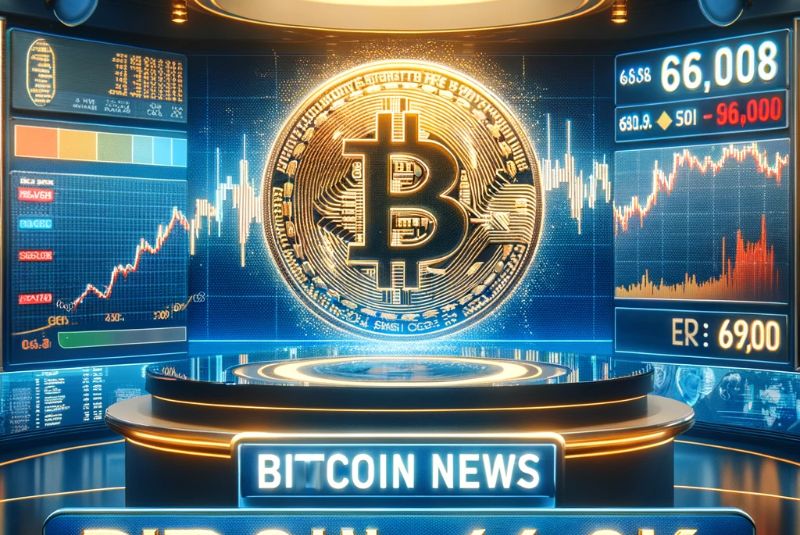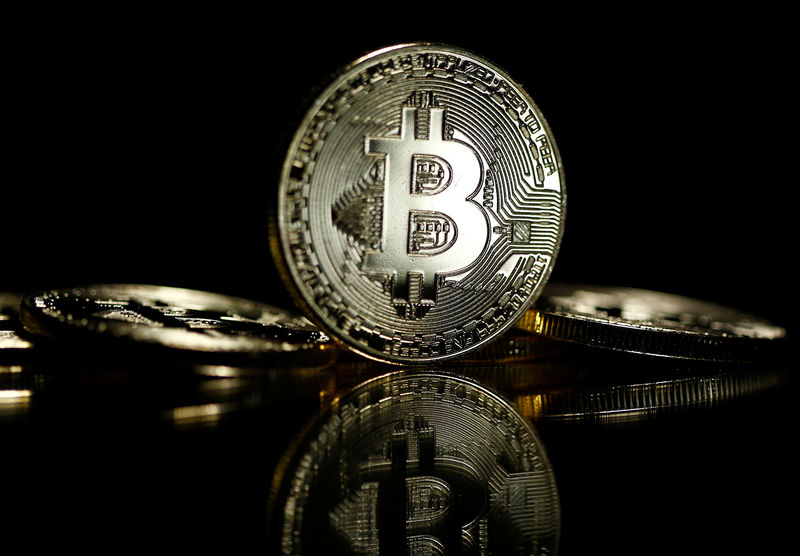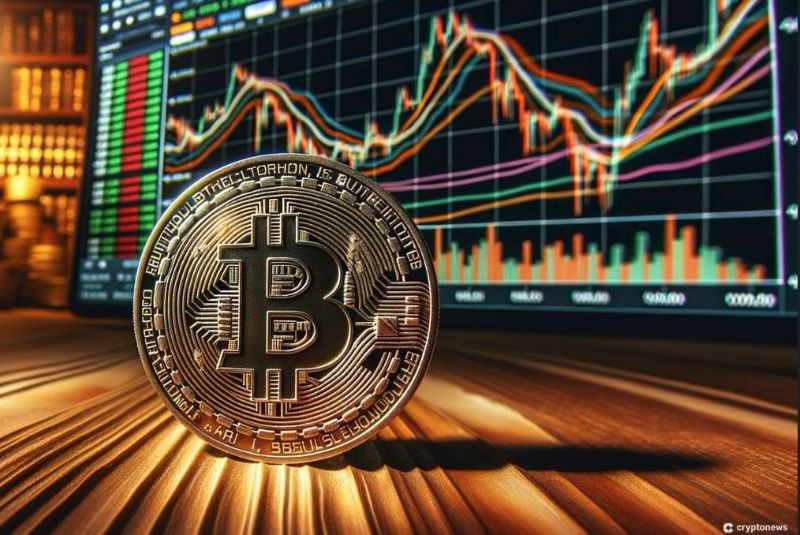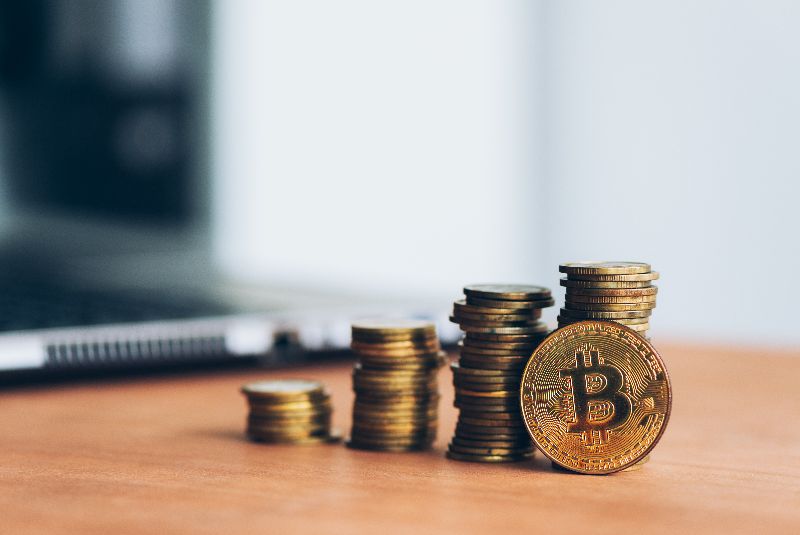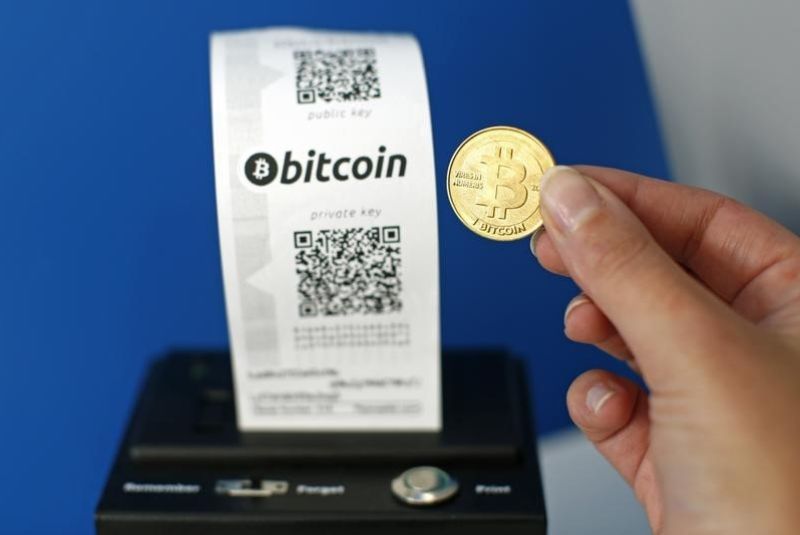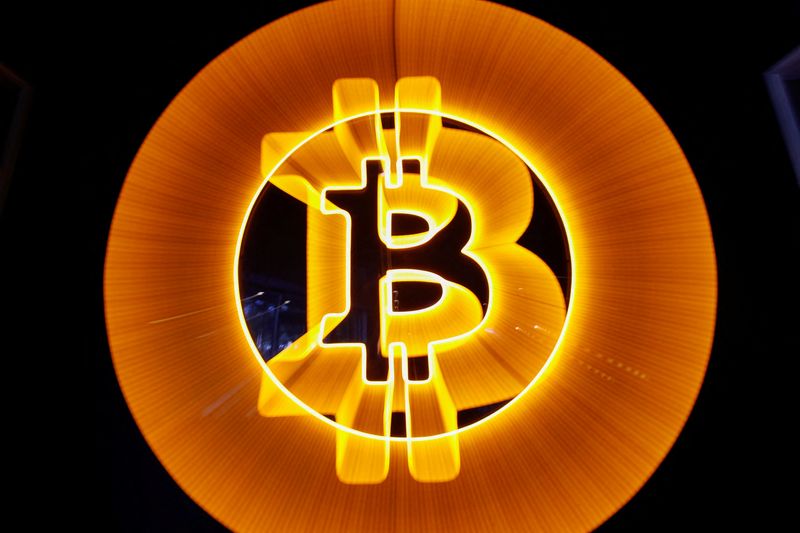Global shares dipped and the yen slid on Tuesday after the Bank of Japan met market
expectations by ending eight years of negative interest rates, likely the highlight
of a
busy week for central banks.
Investors will now turn their focus to the U.S. Federal Reserve's monetary policy
meeting
that ends on Wednesday, when the central bank is expected to provide further clues
about
the pace at which it will likely lower interest rates this year.
Financial markets are now considering the chance that the Fed might reduce the number
of
projected rate cuts this year to two from three on the back of last week's
stronger-than-expected inflation data.
"We don’t think the Fed will fundamentally change its outlook for inflation based on
two
hotter than desired prints to start the year," said Christopher Hodge, chief
economist
at Natxis CIB Americas.
"However, we do expect a slightly more hawkish tone in the hopes of keeping a leash
on
financial conditions."
MSCI's world share index shed 0.36%, though it was still near all-time highs. On Wall
Street, the Dow Jones Industrial Average rose 0.11%, the S&P 500 lost 0.30%, and
the
Nasdaq Composite dropped 0.73%.
The U.S benchmark 10-year Treasury yield was down 2.4 basis points to 4.316%. [.N]
[US/]
The day's big news was in Japan, where the BOJ heralded a new era as it shifted away
from
years of ultra-easy monetary policy. It also abandoned bond yield curve control and
dropped purchases of riskier assets, including exchange-traded funds.
Japan's Nikkei was choppy after the decision but closed 0.66% higher, buoyed by the
weaker yen, while Japanese government bond yields fell. The dollar rose 0.95% to
150.7
yen against the Japanese yen.
"The BOJ clearly has been very, very keen to manage this process so that it is not
disruptive,” said David Mitchinson, fund manager at Japan focused Zennor Asset
Management. “The markets have front-run them and anticipated their move.”
Though the shift was Japan's first interest rate hike in 17 years, it still keeps its
rates stuck around zero as a fragile economic recovery forces the central bank to go
slow on further rises in borrowing costs, analysts say, giving the rate-sensitive
yen
little traction.
In a statement announcing its decision, the BOJ said it would keep buying "broadly
the
same amount" of government bonds as before.
"So some of that spread closure between Japan and the U.S. isn’t quite really
happening
at the moment because although Japan has hiked a little, the U.S. hasn’t cut,” said
Mitchinson, pointing to the fact that U.S. inflation pressures have been stronger
than
expected
BOJ Governor Kazuo Ueda said in his press conference that accommodative financial
conditions would be maintained for the time being and the pace of further hikes
would
depend on the economic and inflation outlooks.
European shares were fairly muted, with the STOXX 600 and euro zone bond yields
little
changed. (EU) [GVD/EUR]
CENTRAL BANK BONANZA
In the day's other central bank news, the Reserve Bank of Australia held interest
rates
steady as expected, while watering down a tightening bias to say it was not ruling
anything in or out on policy.
The Australian dollar slipped 0.64% to $0.6518 following the decision. The Aussie is
down
over 4% against the U.S. dollar this year.
The Federal Reserve's two-day meeting wraps up on Wednesday, and central banks in
Britain, Norway, and Switzerland meet on Thursday. All are expected to keep rates
steady, though markets are not ruling out a move in the Alps.
When it comes to the Fed, the market's attention is on policymakers’ updated economic
and
interest rate projections and comments from Chair Jerome Powell.
Last week's stronger than expected inflation reports led traders to reduce their bets
on
U.S. rate cuts this year, with markets now pricing in 71 bps of easing in 2024,
roughly
in line with expectations the Fed published in December, the latest iteration of
which
are due at this meeting.
At the start of the year, traders were pricing in 150 bps of cuts.
In commodities, spot gold dropped 0.4% to $2,151.89 an ounce, after hitting all time
highs earlier this month. U.S. crude rose 0.48% to $83.12 per barrel and Brent was
at
$87.24, up 0.4%.
Bitcoin fell by the most on any given day in two weeks as investors retreated from
risker
assets. It was last down 6.57% at $63,173.00.


